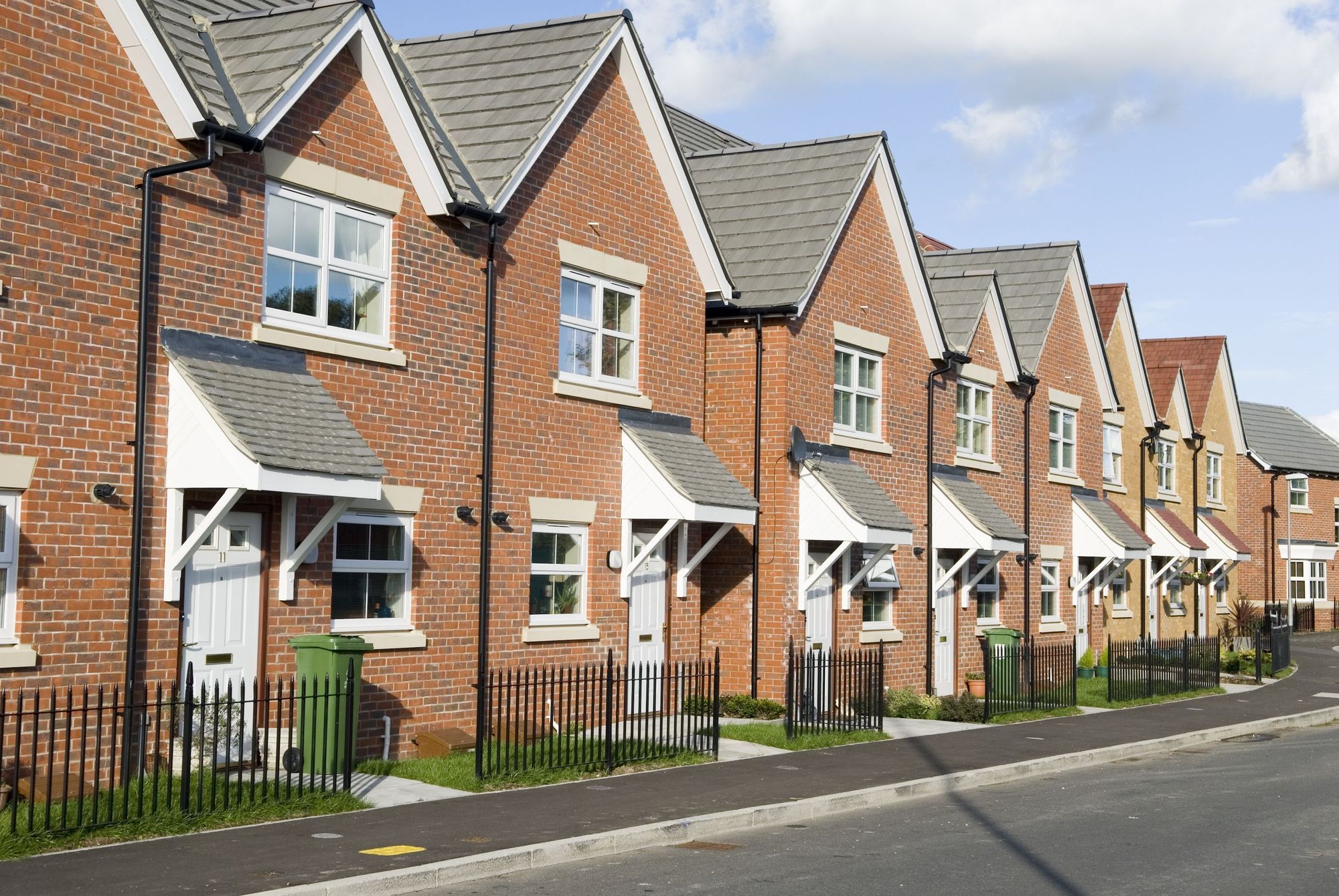FXOpen

Whilst it certainly is true that house prices in the UK do not bear a direct relation to the capital markets or world of multi-asset electronic trading, it is most certainly a point of interest that when house prices move up or down, it is an indicator of the confidence in, and security of the domestic economy.
Britain is a home-owning nation. The phrase 'An Englishman's home is his castle' has been very appropriate for many generations and more than just a home, many residents in the United Kingdom see their home as a solid investment which should appreciate steadily over time.
Therefore, when house prices actually decrease, especially by some significant amount, such a decrease can be used as a measure of the weakening condition of the overall economy, which in turn may affect currency and stock markets.
The decreasing value of the British Pound against Western major currencies during the course of mid-2022 until very recently has been a case in point.
Just a few days after the shortest tenure for any Prime Minister in British history was held by Liz Truss for just 44 days, replacement Prime Minister Rishi Sunak took office and the new Chancellor of the Exchequer reversed Ms. Truss and former chancellor Kwasi Kwarteng's budget, with some commentators having even ventured their opinion that had it not been reversed, severe fiscal damage may have been done to the British economy.
Now, as the economy continues to flounder, house prices are at their lowest point since February 2021, this time caused by the increasing cost of borrowing money from banks in the form of mortgages, and the removal of a series of mortgage products from the market by no less than 10 British banks.
Those with mortgages are set for in some cases substantial increases in monthly payments as the interest rates continue to rise, with an expectation of 5 to 6% being reached by January 2023.
Average house prices slid 0.4 per cent between September and October, the most they have fallen since February 2021 and following a 0.1 per cent decline in September according to data from Halifax, one of the UK's largest mortgage lenders.
In February 2021, house prices were at a low point after a brutal period of lockdowns during which many people found their place of employment closed by the government, and payment holidays were commonplace as were fears of unaffordability of monthly commitments.
During the middle of 2021, the British government canceled stamp duty (property purchase tax) for buyers of properties under a certain value, which boosted the market and prices of lower valued properties increased tremendously, largely bolstered by 'buy-to=let' landlords picking up properties with no purchase tax.
That has long since ended, and now with the economy in a sustained state of recession, house prices are once again an indicator of the overall health of the fiscal position in the United Kingdom.
Trade over 50 forex markets 24 hours a day with FXOpen. Take advantage of low commissions, deep liquidity, and spreads from 0.0 pips (additional fees may apply). Open your FXOpen account now or learn more about trading forex with FXOpen.
This article represents the opinion of the Companies operating under the FXOpen brand only. It is not to be construed as an offer, solicitation, or recommendation with respect to products and services provided by the Companies operating under the FXOpen brand, nor is it to be considered financial advice.
Stay ahead of the market!
Subscribe now to our mailing list and receive the latest market news and insights delivered directly to your inbox.








